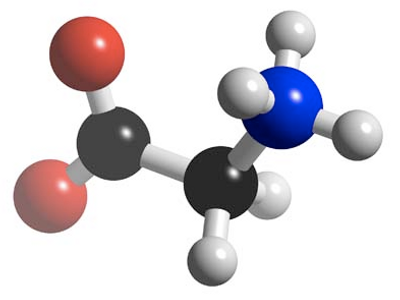All living organisms require energy, but the opportunities to acquire energy varies. The process is called metabolism and gives both building blocks and energy. This course will primarily includes catabolism of carbohydrates for energy extraction and the central biomolecules and their building blocks amino acids, lipids and carbohydrates.
Course main contents:
- Draw chemical structures, functional groups, isomerism and various types of chemical bonds.
- Biological building blocks, amino acids, nucleotides, carbohydrates and lipids.
- The composition, structure and function of proteins.
- The activity, catalytical strategy and role in metabolism of different enzymes.
- Structure, isomerism and construction from mono- to polysaccharides of carbohydrates.
- Different types of lipids and composition of biological membranes.
- Transport over membranes
- Carbohydrate degrading metabolism from glycolysis to oxidative phosphorylation.
- Risk assessment in the laboration and writing of a report.
